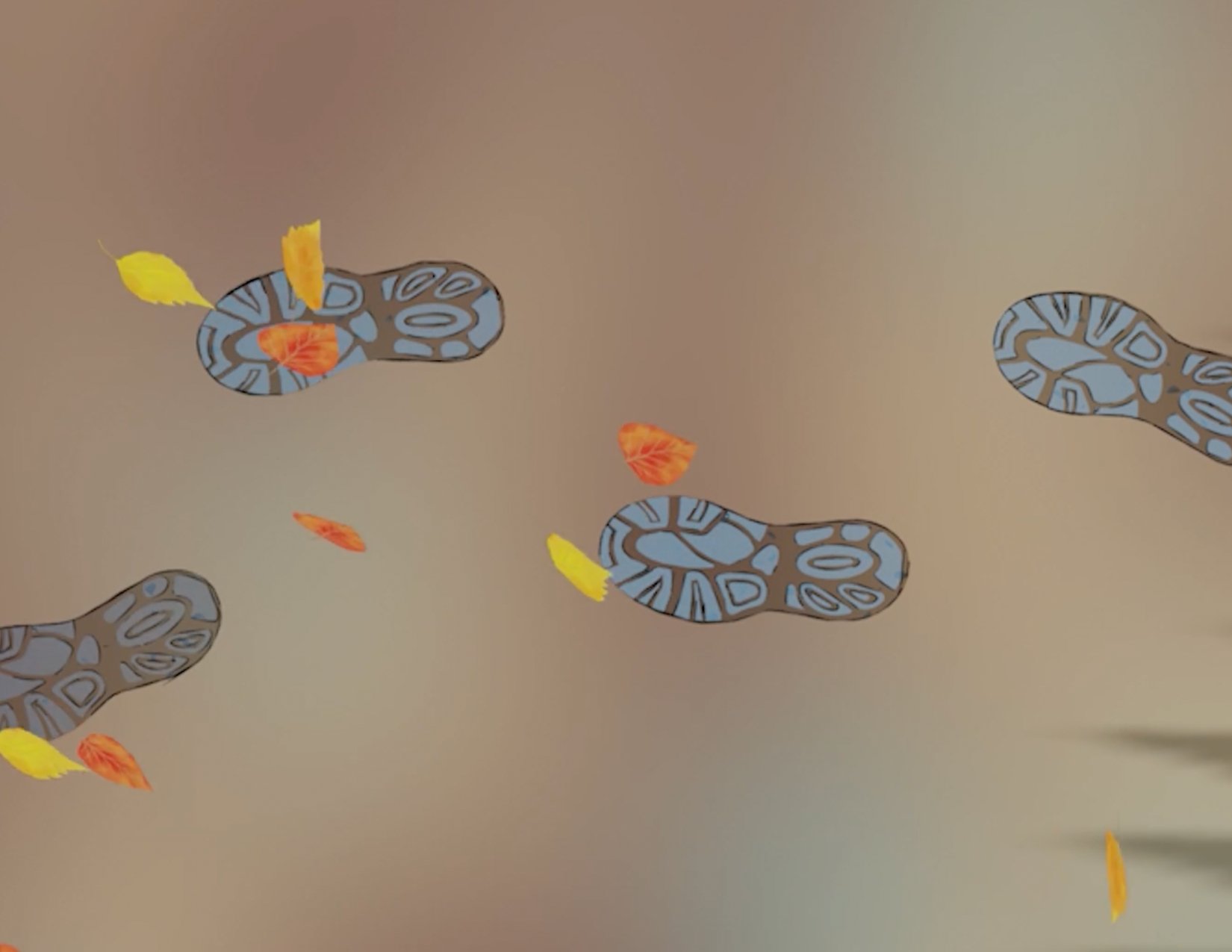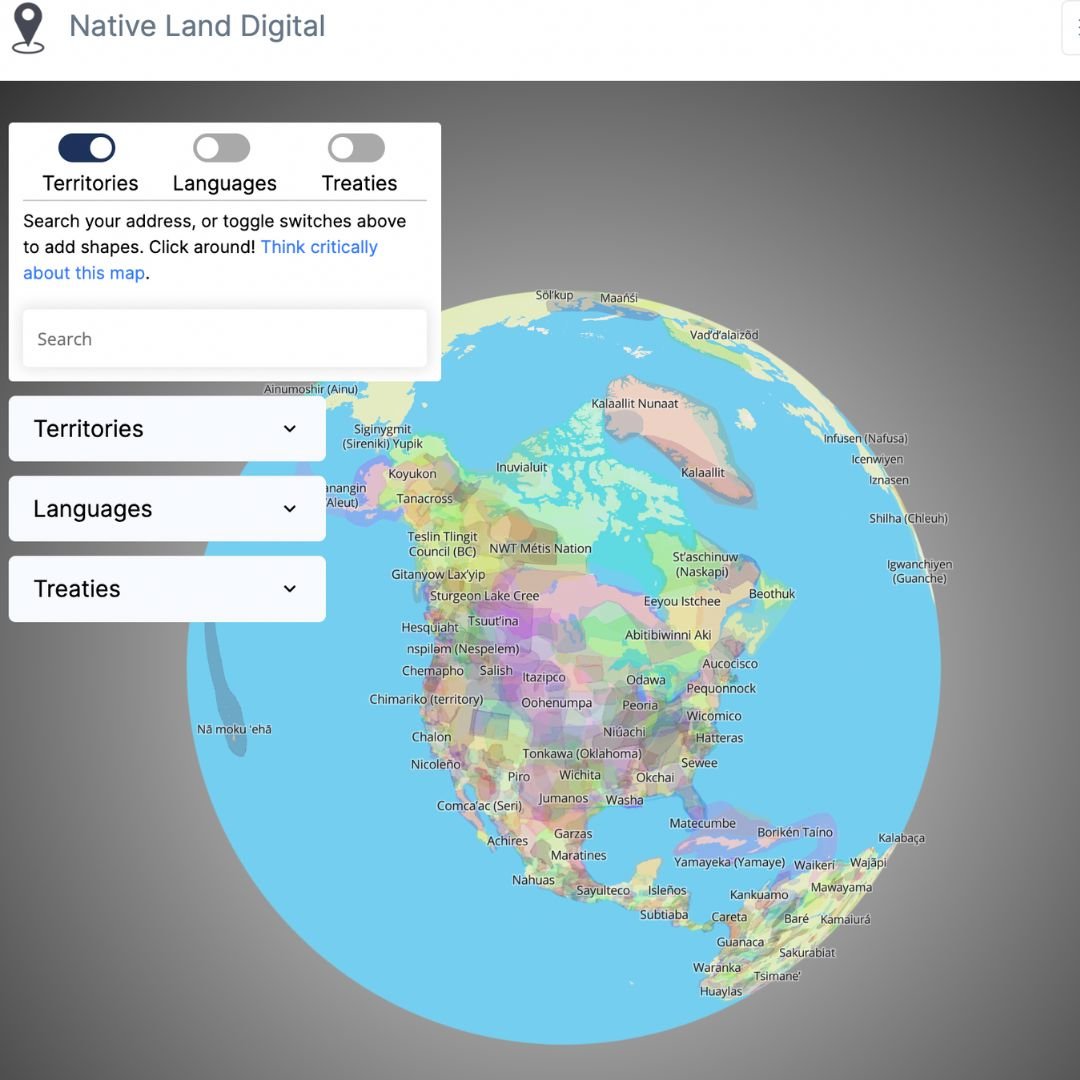Call 1 | We call on natural scientists to understand the socio-political landscape around their research sites.
Excerpt from paperIndigenous peoples have the right to self-determination as per Article 3 of UNDRIP (United Nations General Assembly 2007). We all have a moral obligation to understand how Indigenous peoples are manifesting or attempting to express these rights in our everyday lives and activities… Engaging with Indigenous peoples in all types of research will support Indigenous peoples’ self-determination and their attempts to restructure the relationship within Canada.
DOWNLOAD THE PAPER (EN)
DOWNLOAD THE PAPER (FR)Key Takeaways*
Know what Indigenous government or community has jurisdiction over, or interest in, the area where your research takes place. This may include overlapping traditional territories and complex authority and governance structures.
Form relationships. Understand how the interests and priorities of your proposed research may interact with and serve the interests and priorities of the local Indigenous community. Work together, in partnership. Be aware of your own privileges.
Be aware of, respect, and follow the requirements of the local Indigenous community. Many Indigenous communities have their own research guidelines, which could include requiring their consent.
Understand that the priorities and concerns of Indigenous communities and governments may evolve and change over the course of the research. Be flexible and responsive.
*The NWT Association of Communities worked with the authors to develop a summary of the article. Some of the wording in the Key Takeaways comes from the summary which can be found here
Reconciliation is achievable by each and every one of us. It's not something to be afraid of or shy away from. We all have lessons to learn from each other. It just takes some open minds to consider what is possible.
Lawrence Ignace, Nezaadiikaang(LAC DES MILLE LACS FIRST NATION), PhD Candidate, University of VictoriaInuit Nunangat covers approximately 35% of Canada’s land mass, and there are 634 First Nation communities and over 587 000 Métis found across Canada. As a result, the reality of conducting research on land somewhere of interest to Indigenous peoples is almost guaranteed in Canada"
Towards reconciliation: 10 Calls to Action to Natural Scientists Working in CanadaNative Land Digital is a website application that maps Indigenous territories, treaties, and languages. Native Land Digital is an Indigenous-led Canadian not-for-profit organization.

Step-up | Socio-political understanding
Determine which Indigenous government(s) / community has jurisdiction over the research site.
Do they have their own ethical guidelines for research – formal rules or oral customs?
Do they have their own process for research permitting?
Identify community representatives and elders with whom you can share your proposal and collaborate on how research can meet the interests and priorities of the community.
Article 3 | Indigenous peoples have the right to self-determination. By virtue of that right they freely determine their political status and freely pursue their economic, social and cultural development.
Article 32.1 | Indigenous peoples have the right to determine and develop priorities and strategies for the development or use of their lands or territories and other resources.
Article 32.2 | States shall consult and cooperate in good faith with Indigenous peoples in order to obtain their free and informed consent prior to the approval of any project affecting their lands or territories and other resources.
Critical Context
The United Nations Declaration on the Rights of Indigenous Peoples (UNDRIP) is the most comprehensive international instrument on the rights of Indigenous Peoples. It establishes a universal framework of minimum standards for the survival, dignity and well-being of the Indigenous Peoples of the world and it elaborates on existing human rights standards and fundamental freedoms as they apply to the specific situation of Indigenous Peoples.


